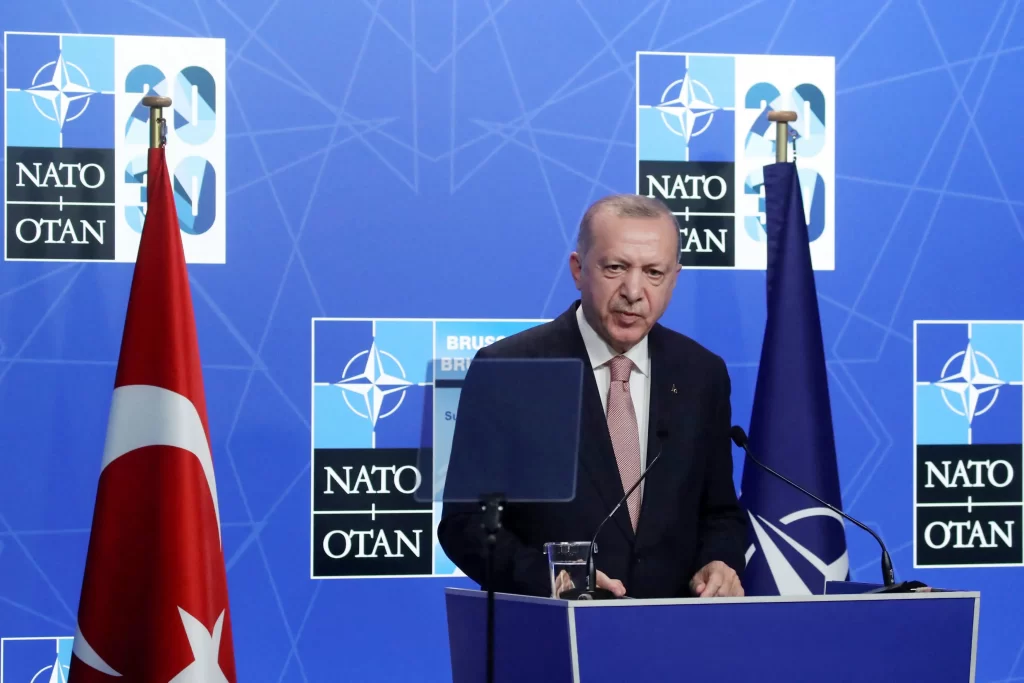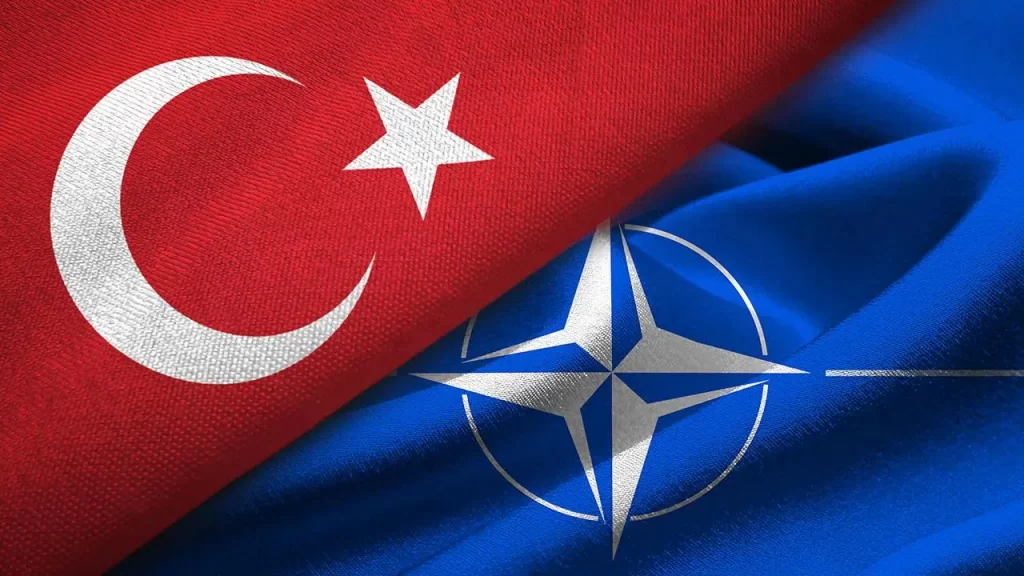Turkey’s Evolving Role within NATO: Balancing Military and Geopolitical Strategy
Turkey’s NATO Journey
Since joining NATO in 1952, Turkey has played a unique and sometimes complicated role within the alliance. As a bridge between the West and the East, Turkey’s military and geopolitical strategies have both aligned with and challenged NATO’s collective goals. In recent years, Turkey’s shifting alliances, regional priorities, and its assertive military posture have brought new dimensions to its relationship with NATO. But how does Turkey’s military and geopolitical strategy truly align with its position in NATO?
Turkey’s Strategic Importance within NATO
Bridging Europe and the Middle East
Turkey’s geographic position gives it a strategic edge, acting as a crucial bridge between Europe, Asia, and the Middle East. This location places Turkey at the forefront of numerous regional issues that directly impact NATO, from Middle Eastern conflicts to energy routes and migration flows. This unique position has solidified Turkey as an invaluable NATO member, providing the alliance with a presence in a highly volatile region.

Recomeded Article: Exposing the Western Double Standards and Media Games
Military Contributions and Capabilities
Turkey possesses NATO’s second-largest standing military, reinforcing its military commitment to the alliance. Turkish forces have played essential roles in various NATO missions, from peacekeeping in the Balkans to stabilization efforts in Afghanistan. Turkey’s airbase at Incirlik has also been pivotal for NATO operations in the Middle East, supporting NATO’s operational reach and ability to respond quickly to regional crises. Despite challenges, Turkey’s military capacity and strategic assets continue to provide NATO with significant operational advantages.
Navigating Geopolitical Tensions
Balancing Relations with Russia
Turkey’s evolving relationship with Russia has often placed it in a delicate position within NATO. While NATO’s policy generally seeks to limit Russian influence in Europe, Turkey has pursued cooperation with Moscow on several fronts, including defense and energy. The purchase of the Russian S-400 missile defense system by Turkey marked a notable rift, raising concerns about compatibility with NATO systems and sparking fears over security vulnerabilities. However, Turkey defends this decision as part of its independent military strategy, highlighting a complex balancing act between alliance commitments and national interests.
Regional Conflicts and Diverging Interests
Turkey’s active involvement in regional conflicts, particularly in Syria, has sometimes clashed with NATO’s collective stance. While Turkey sees Kurdish forces in Syria as a security threat, NATO allies, particularly the United States, have supported these groups in the fight against ISIS. This divergence has fueled debate over shared values and priorities, posing questions about how NATO can accommodate the distinct security concerns of its member states without undermining collective unity.
Turkey’s Vision for Regional Influence

A New Foreign Policy Doctrine
Under its current leadership, Turkey has pursued a more assertive foreign policy, often referred to as “Blue Homeland.” This doctrine emphasizes Turkey’s interests in the Eastern Mediterranean and Aegean regions, focusing on securing maritime boundaries and energy resources. Turkey’s increasing naval presence has raised tensions with NATO members like Greece, who view this approach as a potential threat to regional stability. By asserting its regional influence, Turkey seeks not only to secure its borders but also to demonstrate that it can protect its interests independently, even if that means challenging other NATO members.
Aligning NATO Membership with National Interests
Despite these points of contention, Turkey continues to value its NATO membership. NATO offers Turkey not only collective defense but also a platform for political influence within the West. For Turkey, NATO membership remains essential to its security architecture, providing an anchor for international legitimacy and a counterbalance to regional adversaries. While Turkey occasionally diverges from NATO on specific issues, its commitment to the alliance reflects a pragmatic approach to national security, ensuring access to both Western defense resources and a broader strategic network.
The Road Ahead for Turkey and NATO
Turkey’s relationship with NATO is likely to remain complex, shaped by competing interests and shifting global dynamics. As Turkey pursues a more autonomous and regionally focused foreign policy, NATO will need to adapt to accommodate Turkey’s distinct security concerns. Ultimately, Turkey’s role in NATO underscores the alliance’s need for flexibility in addressing the diverse geopolitical realities of its members. Moving forward, Turkey’s active participation in NATO will hinge on finding a balance between its regional ambitions and its commitment to collective security.
Recomeded Article: Exposing the Western Double Standards and Media Games













